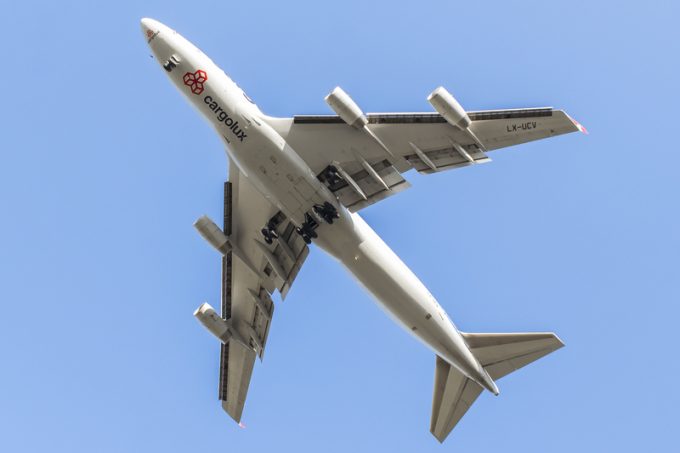Air rates and volumes still volatile – but carriers stay bullish
Air cargo rates and volumes showed volatile ups and downs in April and May, as ...

Cargolux and Bolloré Logistics have signed an agreement to use sustainable aviation fuel (SAF), sourced from a variety of producers, in joint operations.
The deal will cover 800,000 litres of SAF, helping Bolloré cut its Scope 3 GHG emissions by at least 2,220 tonnes of CO2e,
Cargolux ...

Comment on this article